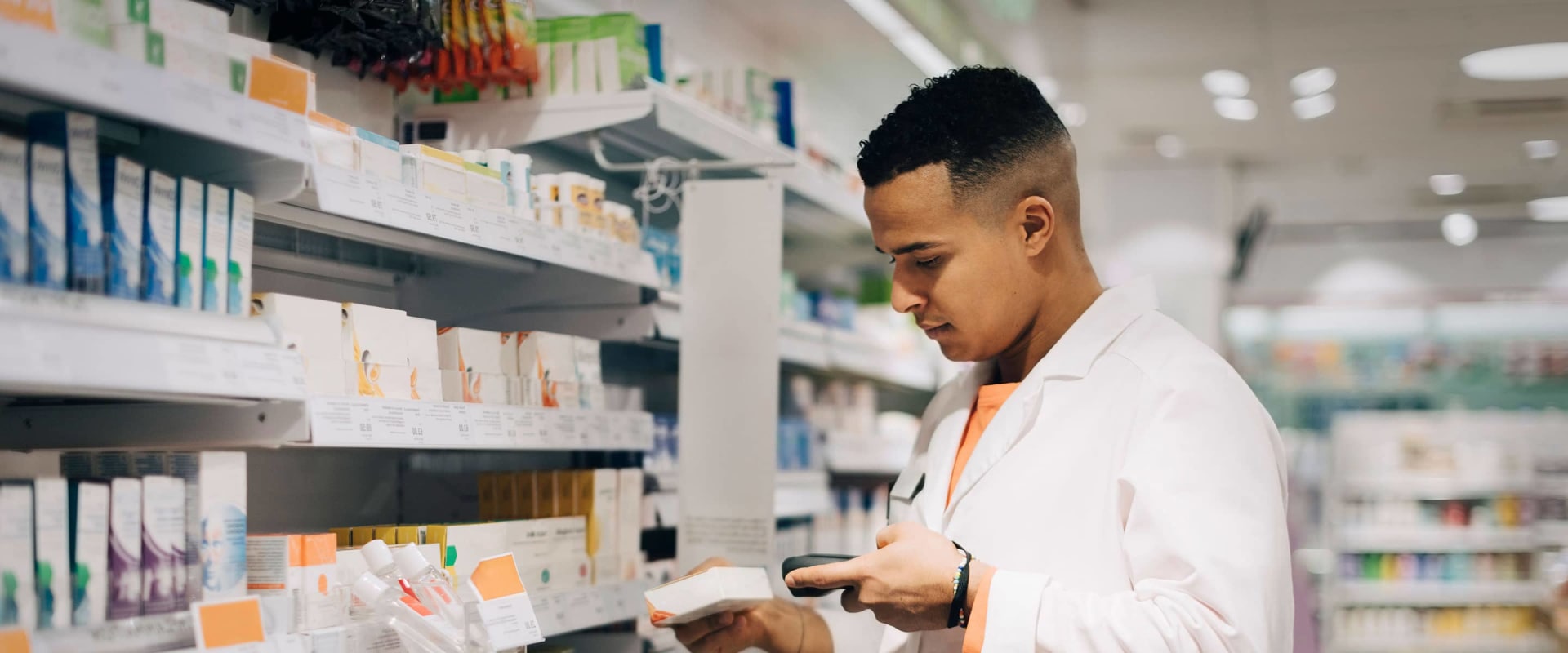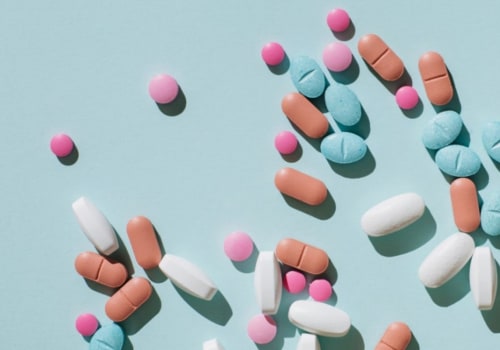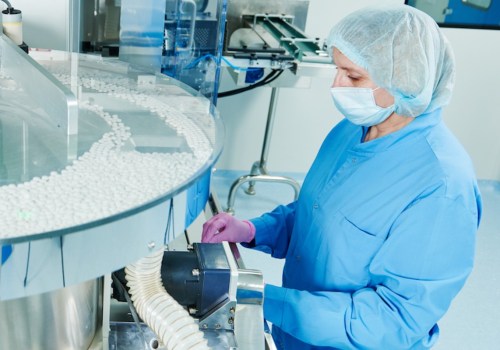Pharmaceutical and biotechnology companies are increasing the use of artificial intelligence for the development of vaccines or drugs against COVID-19.The rapidly growing amount of complex healthcare data and the increasing complexity of that data. Improvements in computing power and decreases in hardware costs. In the pharmaceutical industry, as in many others, the COVID-19 pandemic suddenly forced companies to operate differently. In-person meetings with colleagues became virtual, for example, as did meetings with healthcare providers (HCPs), if in fact HCPs had time to interact with field representatives.
And ways had to be found to make quick decisions, even though it was sometimes difficult to bring together all the members of the organization who would normally be part of the process. Eric Edwards is the co-founder and CEO of Phlow, a public-benefit pharmaceutical corporation. Previously, he co-founded the pharmaceutical company Kaléo, where, among other functions, he was responsible for overall scientific strategy and pharmaceutical development programs. After an unprecedented year for the pharmaceutical industry, including leaps in vaccine technology and supply chain shortages, Inc.
asked Edwards to share its vision for the future of pharmaceuticals. But now, several factors, such as continued drug shortages, growing concern for the quality of essential drugs such as antibiotics and pain relievers, and a desire to improve supply chain resilience for the future, have driven the U.S. UU. Currently, our healthcare system is too reactive rather than proactive when it comes to shortages of essential medicines.
This is due to historically poor and unreliable end-to-end data transparency in the global supply chain and excessive reliance on supply-side data. Advances in data analysis and the inclusion of demand-side data will improve the ability of the pharmaceutical industry to model, simulate and predict future shortages of essential drugs, including our key supply of generic antibiotics, which is mainly manufactured in Asia, especially in China, and requires facilities. Successful entrepreneurs in this field will be those who can resolve inefficiencies in pharmaceutical manufacturing, pricing, reimbursement, and distribution channels due to unnecessary complexity and over-engineering. For the next 10 years, our goal at Phlow is to continue to move the industry away from focusing on monitoring and managing drug shortages, and toward prediction and prevention.
Consumers can expect a reliable supply of affordable, high-quality, domestically manufactured essential drugs.








Leave Reply